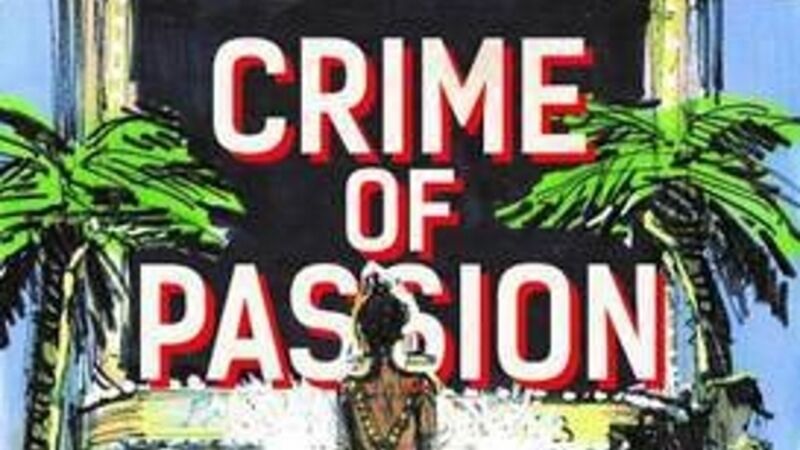Book review: Crime of Passion by John Boorman

John Boorman’s debut novel, Crime of Passion, opens on the red carpet at the Cannes Film Festival with movie director Daniel Shaw standing on the “trailing effusions” of his leading lady’s dress and receiving a withering look for his faux pas.
The story revolves around Shaw, whose latest film Shadow of a Smile receives mixed reviews at Cannes (despite being championed by the Cannes jury director, one John Boorman). Desperate to initiate a commercial prospect before Shadow of a Smile opens to inevitable box office failure, Shaw and his long-time producer Jack Diamond scramble to cobble together a genre movie that will keep them in the game for one more roll of the dice.








